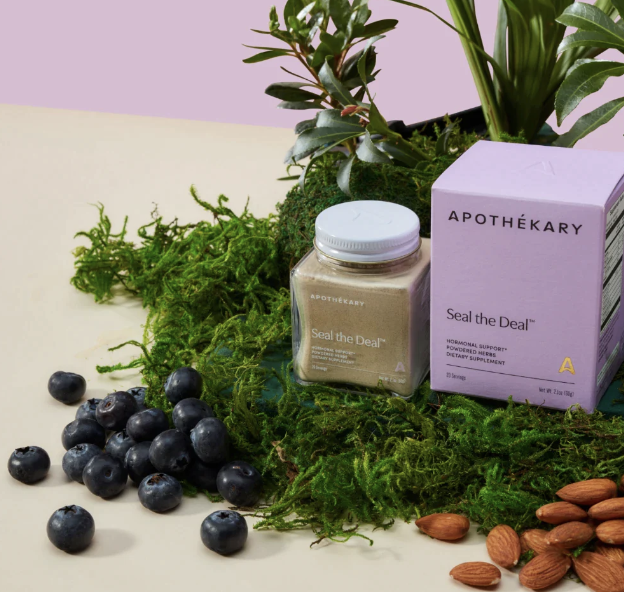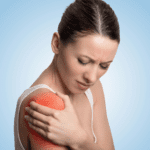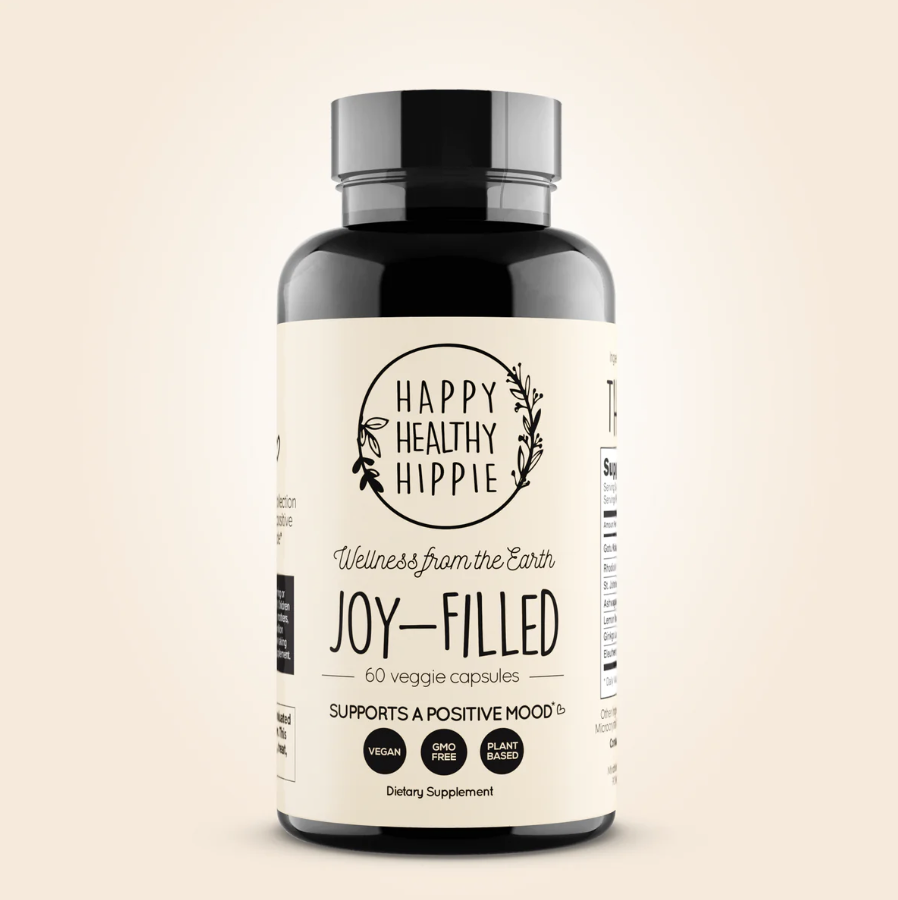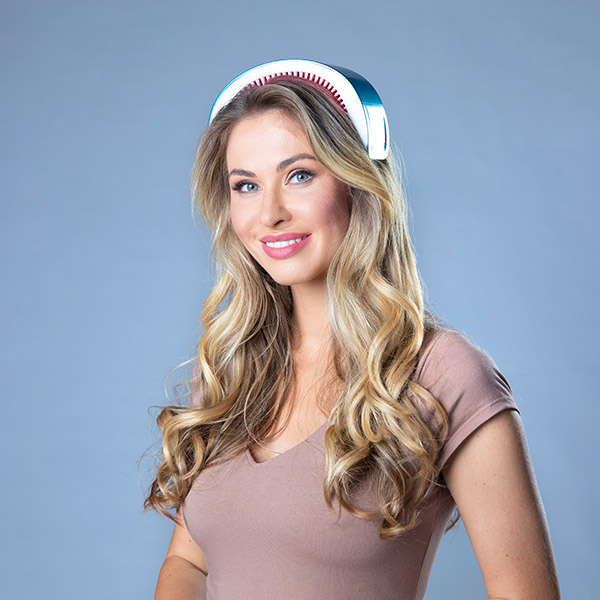Many of us are familiar with the more talked-about signs of menopause like hot flashes and mood swings, but there’s a less discussed, yet equally impactful change that often takes us by surprise – a shift in our body odor. If you’ve recently noticed that your personal scent seems different, perhaps more intense or even onion-like, and you’re wondering why your deodorant isn’t quite up to the task anymore, you’re not alone. In this post, we’ll dive into the hormonal whirlwind of menopause and explore how these changes can affect your body’s natural aroma. We’ll also share some handy tips for managing this unexpected twist in your menopausal journey, ensuring you feel fresh and confident every step of the way!
Understanding Menopause and Body Odor
Hormonal Influence on Body Odor
During menopause, hormonal changes can affect the way your body smells. Estrogen levels decrease, which can lead to changes in sweat production and the natural scent of your body. This can result in a stronger body odor, especially in the lower region of your body.
Sweat Glands and Night Sweats
Sweating is a natural process that helps regulate body temperature. However, during menopause, women may experience intense sweating, especially at night. This is known as night sweats, and it can contribute to body odor. Night sweats occur when the body temperature rises, and the apocrine glands produce sweat. These glands are located in the armpits, groin, and around the nipples. The sweat produced by these glands contains proteins and lipids that can feed odor-causing bacteria.
Dietary Factors and Body Odor
Dietary factors can also affect body odor. Certain foods, such as red meat and spicy foods, can increase body temperature and cause sweating. This can lead to an unpleasant smell. On the other hand, some foods, like apple cider vinegar and lemon juice, can help control body odor by balancing the pH of the skin.
It is important to note that medical conditions, such as bacterial vaginosis or changes in vaginal discharge, can also contribute to vaginal odor. If you are experiencing persistent or severe changes in body odor, it is important to speak with your healthcare provider. They can help determine if hormone therapy or hormone replacement therapy may be necessary.
When it comes to choosing the right deodorant, it is important to consider your individual needs. Natural deodorants may be a good option for those who are sensitive to chemicals or have concerns about the ingredients in chemical deodorants. However, they may not be as effective in controlling body odor, especially during intense sweating or high levels of anxiety.
Choosing the Right Deodorant
Menopause can bring about many changes in your body, including increased sweat production, changes in body temperature, and hormonal fluctuations. As a result, many menopausal women experience stronger body odor and may need to switch to a more effective deodorant. Here are some tips for choosing the right deodorant for your needs.
Types of Deodorants and Antiperspirants
Deodorants help to control body odor by neutralizing the odor-causing bacteria on your skin. Antiperspirants, on the other hand, block sweat pores to reduce sweat production. Some deodorants also contain antiperspirant properties.
When choosing a deodorant or antiperspirant, consider the level of sweat production you experience. If you have intense sweating, you may need a stronger antiperspirant. If you only experience mild sweating, a deodorant may be sufficient.
Natural and Chemical Free Options
If you prefer to use natural products, there are many natural deodorants available that use natural ingredients such as baking soda, coconut oil, and essential oils to control body odor. These options are also free from harsh chemicals that can irritate sensitive skin.
However, it’s important to note that natural deodorants may not be as effective as chemical deodorants. If you have a strong body odor or intense sweating, you may need a chemical deodorant or antiperspirant.
Deodorants for Sensitive Skin
If you have sensitive skin, you may need to choose a deodorant that is specifically formulated for sensitive skin. These deodorants are often free from harsh chemicals and fragrances that can irritate the skin.
If you have a medical condition such as bacterial vaginosis or vaginal discharge, it’s important to talk to your healthcare provider before using any deodorant or antiperspirant in your lower region. They may recommend a prescription antiperspirant or hormone therapy to help control body odor.
Choosing the right deodorant is important to control body odor during menopause. Consider your individual needs, such as sweat production and sensitive skin, when choosing a deodorant or antiperspirant. Don’t be afraid to try different options until you find the right one for you.
Lifestyle and Home Remedies
Menopause can cause intense sweating, hot flashes, and mood swings that can affect your daily life. While there is no cure for menopause, there are several lifestyle and home remedies that can help you control body odor and reduce the discomfort caused by menopause symptoms.
Diet and Hydration
Your diet and hydration level can play a significant role in how much you sweat and how strong your body odor is. Eating a balanced diet that includes plenty of fruits, vegetables, and whole grains can help regulate your body temperature and reduce sweat production. On the other hand, consuming red meat, spicy foods, and caffeine can increase sweat production and lead to stronger body odor.
Drinking plenty of water and staying hydrated can also help regulate your body temperature and reduce sweat production. Aim for at least eight glasses of water a day, and avoid sugary drinks and alcohol, which can dehydrate your body and worsen menopause symptoms.
Clothing and Personal Hygiene
Wearing loose, breathable clothing made of natural fibers like cotton or linen can help reduce sweat production and prevent body odor. Avoid tight-fitting clothes made of synthetic materials like polyester or nylon, which can trap sweat and bacteria and lead to unpleasant smells.
Maintaining good personal hygiene is also essential in controlling body odor during menopause. Take a shower or bath at least once a day, and use an antibacterial soap to kill odor-causing bacteria. Pay special attention to your lower region, where sweat and bacteria can accumulate and cause an unpleasant odor.
Natural Remedies for Body Odor
Natural remedies like apple cider vinegar and lemon juice can help control body odor during menopause. Apple cider vinegar has antibacterial properties that can kill odor-causing bacteria, while lemon juice can help neutralize unpleasant smells.
To use apple cider vinegar, mix equal parts vinegar and water and apply it to your underarms with a cotton ball. Let it dry before putting on deodorant or going to bed. To use lemon juice, cut a lemon in half and apply it to your underarms. Let it dry before washing it off with water.
Natural Remedies for Body Odor
It’s important to note that natural remedies may not work for everyone, and some women may need a stronger deodorant to control their body odor. Talk to your healthcare provider about the best deodorant for your individual needs, especially if you have medical conditions or are on hormone therapy or hormone replacement therapy.
Menopause body odor can be a challenging symptom to deal with, but there are several lifestyle and home remedies that can help control it. By following a balanced diet, wearing breathable clothing, maintaining good personal hygiene, and using natural remedies or a good deodorant, you can reduce sweat production and control body odor during this stage of life.
- Mitchum Women’s Advanced Control Gel – Known for its strong and long-lasting protection.
- Dove Clinical Protection Antiperspirant – Gentle on skin and effective against sweat.
- Secret Clinical Strength Invisible Solid – Provides extra strength for high sweat levels.
- Degree Women Clinical Antiperspirant Deodorant – Offers robust protection and skin-friendly ingredients.
- Lume Deodorant for Underarms & Private Parts – A unique option that’s safe for sensitive areas.
- Schmidt’s Natural Deodorant – For those preferring a natural, aluminum-free option.
- Arm & Hammer Essentials Natural Deodorant – Combines natural ingredients with baking soda for effective odor control.
- Mitchum Men’s Advanced Control Gel – Great for men looking for strong protection.
- Old Spice High Endurance Antiperspirant Deodorant for Men – A classic choice with a lasting scent.
- Dove Men+Care Antiperspirant Stick – Offers 48-hour protection and moisturizing properties.
- Gillette Clinical Antiperspirant Deodorant for Men – Designed for strong odor and sweat protection.
- Jack Black Pit Boss Antiperspirant & Deodorant – A premium choice known for its effectiveness.
- Tom’s of Maine Long Lasting Deodorant – Natural ingredients with a range of scents.
- Native Deodorant – Popular for its natural composition and effectiveness.
- Certain Dri Prescription Strength Clinical Antiperspirant – Highly recommended for excessive sweating.
- Rexona Clinical Protection – Known globally for its effective formula.
- SweatBlock Clinical Strength Antiperspirant – Comes in wipe form for easy application.
- Degree Men’s Clinical Antiperspirant Deodorant – Strong protection designed specifically for men.
- Nivea Men Stress Protect Antiperspirant – Targets stress-induced sweating.
- Aesop Herbal Deodorant Roll-On – A luxurious, botanical-based option.
When All Else Fails – See Your Doctor
If home measures aren’t helping within a couple months, check with your gynecologist – especially if odor changes are accompanied by skin irritation or discharge. Rule out other causes like infections, hormonal imbalances beyond menopause, diabetes complications, infections, etc.
Frequently Asked Questions
How can one manage increased body odor due to hormonal fluctuations in menopause?
Managing increased body odor due to hormonal fluctuations in menopause can be challenging. However, there are several strategies that you can use to control body odor. First, you can try using a good deodorant that contains natural ingredients which helps control odor-causing bacteria. You can also take a shower or bath regularly to keep your body clean and fresh. Additionally, wearing breathable clothing made from natural fibers can help to reduce sweat production and control body odor.
Which deodorants are most effective for controlling sweat production associated with menopausal hot flashes?
Deodorants that contain natural ingredients such as apple cider vinegar, lemon juice, and antibacterial soap can be effective in controlling sweat production associated with menopausal hot flashes. These natural ingredients help to neutralize odor-causing bacteria and keep your body smelling fresh. You can also try using a body spray that contains natural ingredients to control sweat production.
Are there natural deodorant options that effectively address menopause-related body odor?
Yes, there are several natural deodorant options that effectively address menopause-related body odor. Deodorants that contain natural ingredients such as coconut oil, baking soda, and cornstarch can be effective in controlling odor-causing bacteria and keeping your body smelling fresh. You can also try using a crystal deodorant that contains natural mineral salts to control body odor.
What strategies can help reduce night sweats and the associated body odor for menopausal women?
To reduce night sweats and the associated body odor for menopausal women, you can try wearing breathable clothing made from natural fibers such as cotton. You can also sleep in a cool room and use a fan to keep your body cool. Additionally, you can try using a natural deodorant that contains ingredients such as apple cider vinegar, lemon juice, and antibacterial soap to control body odor.
Can dietary changes, such as reducing red meat and spicy foods, impact menopause body odor?
Yes, dietary changes can impact menopause body odor. Reducing red meat and spicy foods can help to reduce body odor by reducing sweat production and neutralizing odor-causing bacteria. Additionally, increasing your intake of fruits and vegetables can help to improve your overall health and reduce body odor.
What role does hormone replacement therapy play in altering body odor during menopause?
Hormone replacement therapy (HRT) can alter body odor during menopause. HRT can help to regulate hormone levels and reduce menopause-related symptoms such as night sweats and hot flashes. However, HRT can also cause vaginal discharge and alter vaginal pH, which can lead to an unpleasant odor. It is important to discuss the potential risks and benefits of HRT with your healthcare provider before starting treatment.
While menopausal body odor changes may seem unpleasant or embarrassing, know that they are a normal part of this transition that many women experience. Although menopause brings many changes we simply can’t control, managing body scent is one area where we can be proactive to boost comfort. With the right combination of lifestyle changes, products, and self-care, you can stay fresh while still embracing this next phase.












